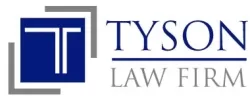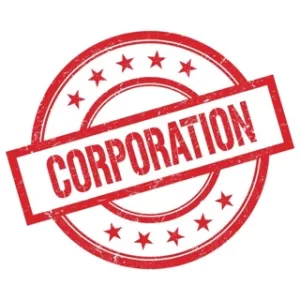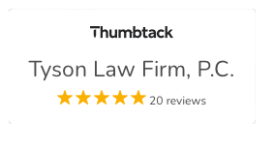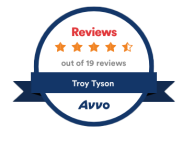Introduction
While many people are familiar with the basic principles of Chapter 7 personal bankruptcy, most do not know much about Chapter 11 bankruptcy. Chapter 11 bankruptcy is a process whereby a business or a person can reorganize their financial affairs under the bankruptcy laws of the United States. While Chapter 11 bankruptcies are open to individuals, by and large it is businesses who use this form of bankruptcy. Many businesses experience severe financial problems, and for some companies in this situation, Chapter 11 may be a viable option to getting their operations back on track.
Specifics of a Chapter 11
While there are several things that a business must consider before determining whether or not to file for Chapter 11, a basic knowledge of the overall bankruptcy process would be a good place to start. A Chapter 11 bankruptcy begins when a business (usually through its attorney) files a bankruptcy petition in the federal court in its district. Once the primary petition is submitted, numerous other forms are required to complete the filing; however, the additional forms typically are not due until 14 days after the filing of the initial petition. While some businesses choose to file everything at once, others, either by choice or because of their individual circumstances, opt instead to file all of the supplementary forms later in the process.
Once the initial filing is complete, the business (now known as a “debtor-in-possession”) will need to take certain administrative steps to enter the next phase of the bankruptcy. These include closing all current bank accounts, opening new “debtor” accounts at approved institutions, and meeting with the U.S. Trustee’s office. Additionally, the debtor will be obligated to file monthly reports with the Trustee’s Office. Next, the debtor will begin working on a reorganization plan, which outlines how the debtor proposes to deal with each of its creditors. This plan can either be accepted or rejected by creditors. Even if a creditor does not agree to the plan, the debtor can ask the judge to force the creditor to accept (this is known as a “cramdown”). The next step is obtaining court approval of the plan. If the plan is accepted by the creditors and approved by the judge, then payments will commence under the new plan. Once all payments are made, the final step is to receive a discharge from the court, preventing any further collection activity from creditors. The discharge ends the Chapter 11 bankruptcy case.
Is My Business Eligible for Chapter 11?
Nearly all types of businesses, and even individuals, are eligible to file for Chapter 11. However, there are some notable exceptions. Examples of institutions and individuals prohibited from utilizing Chapter 11 are governmental agencies, estates, stockbrokers and commodity brokers, insurance companies, and banks. That leaves most businesses as eligible to file.
Is a Chapter 11 Right for My Business?
While a Chapter 11 bankruptcy may provide a vehicle for protection, time, and eventual reorganization of a business, filing for this type of bankruptcy is not necessarily in the best interests of every business. There are several things which must be weighed when considering whether to file a Chapter 11. Business owners should determine if a Chapter 11 is truly necessary for their business. While consultation with an experienced Chapter 11 attorney is always a good idea when considering filing for bankruptcy, there are some general factors which any business should think through:
Is it really needed? Is a Chapter 11 really necessary for your business? While some business owners panic and consider this option when sales slow or money becomes tight, in some instances, Chapter 11 can be avoided. Perhaps a decline in revenue is only temporary; perhaps other measures could be taken within the business to shore up the finances; perhaps deals could be worked out with creditors. All of these options should be explored in detail, before deciding on Chapter 11.
Will you be able to survive throughout the bankruptcy process? Many business creditors have liens on the cash generated by a company’s sales. In those instances, the secured cash will not be able to be used by the business without the creditor’s permission, and often, creditors are not willing to give this permission. When that happens, debtors must rely on bankruptcy financing to keep the business going. Assuming this financing can be obtained, the rates and costs are quite high, and may make it more difficult for the business to maintain financial stability.
Can you afford it? The Chapter 11 bankruptcy process is complex, and requires the assistance of skilled attorneys, at a minimum, and possibly other professionals as well, such as accountants, auditors, etc. This, along with financing, court costs, and other related expenses, can put the price tag of a Chapter 11 in the tens of thousands of dollars, or possibly even into the six-figure range. The filing cost of the petition alone is, at the time of this writing, just over $1,700.
Conclusion
Filing for Chapter 11 bankruptcy is a complex, expensive, and time-consuming process. Doing so should only be undertaken after a careful consideration of the facts with an experienced attorney. However, the Chapter 11 process can, for some struggling businesses, offer a realistic way to buy time, reorganize effectively, and perhaps return to stability.
NOTE
All legal references are made with respect to Indiana law. Please check the laws of your local jurisdiction if you live in another state.
The articles in this blog are for informational purposes only. No attorney-client relationship is established through the publication of these articles.







